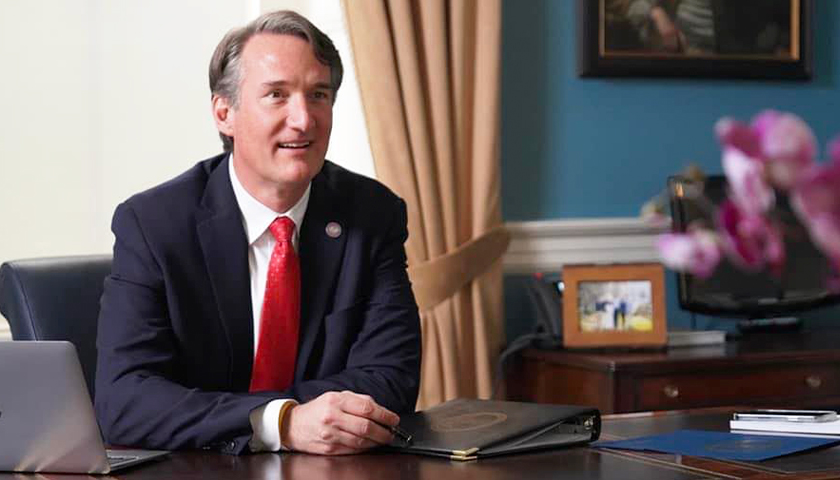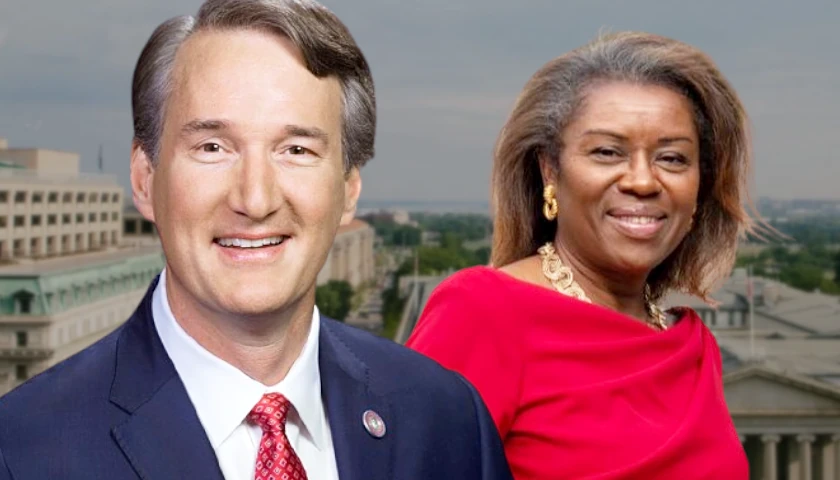Governor Glenn Youngkin signed 700 bills into law according to a Monday afternoon announcement; Youngkin faced a deadline of April 11 to take action on bills passed at the end of the recent General Assembly session.
“Today marks another important step in a journey for the people of Virginia, one which started even before our nation’s founding. Every year the duly elected representatives of the people assemble to pass new laws on behalf of their constituencies, and I am honored to sign these 700 bills into law this year,” the governor said in the announcement.
The Virginia Constitution requires the governor to take action on legislation within seven days of passage, except for bills passed in the final week of the session. Those bills must be signed within 30 days of the session’s adjournment date. If the governor does not pass, veto, or amend the legislation by the deadline, it becomes law without his signature. Youngkin’s release reports that he has taken action on 841 bills – data that was still being updated on Virginia’s Legislative Information System statistics page at press time. Before Monday’s announcement, Youngkin had only issued one veto and sent only two bills back to the General Assembly with amendments.
A two-thirds supermajority in both the House of Delegates and the Senate is required to override vetoes or to pass bills into law without the governor’s amendments. Otherwise, the General Assembly can approve the governor’s amendments; if only some of the amendments to the bills are approved, the bill gets sent back to the governor for more work.
With the House and the Senate controlled by opposing political parties, legislation that survived the session often had significant support from both parties. The Virginia Public Access Project (VPAP) reported that of 892 bills passed out of the legislature, 574 had unanimous support, and only 16 saw a party-line vote in one chamber. Some legislation still survives as legislators work out compromises in a special session.
In 2020 and 2021 with the House, the Senate, and the governorship controlled by Democrats, about 20 percent of the bills that passed had more than 40 percent opposition. In 2017, 2018, and 2019, Republicans controlled the Senate and the House, but not the governorship, and less than 10 percent of bills passed with more than 40 percent in opposition, VPAP reported. In 2022, nine percent of bills passed with more than 40 percent opposition.
Youngkin said, “These bills are all bipartisan and we can all be proud that together we’ve taken steps to make life easier for Virginians, make our commonwealth’s economy more competitive, support law enforcement, protect the most vulnerable among us, increase access to health care, and take necessary steps toward making Virginia’s schools the absolute best in the nation.”
– – –
Eric Burk is a reporter at The Virginia Star and The Star News Network. Email tips to [email protected].
Photo “Glenn Youngkin” by Glenn Youngkin.





